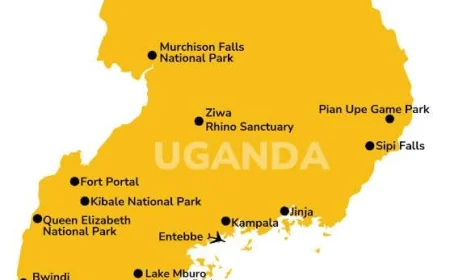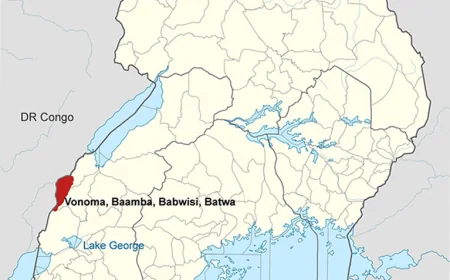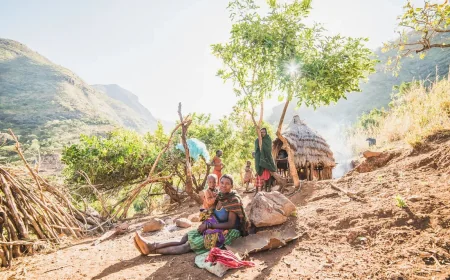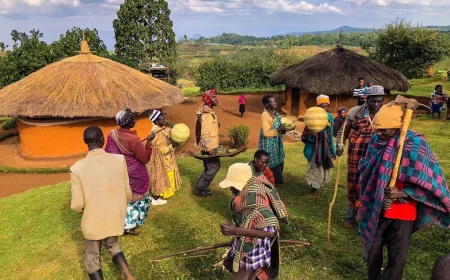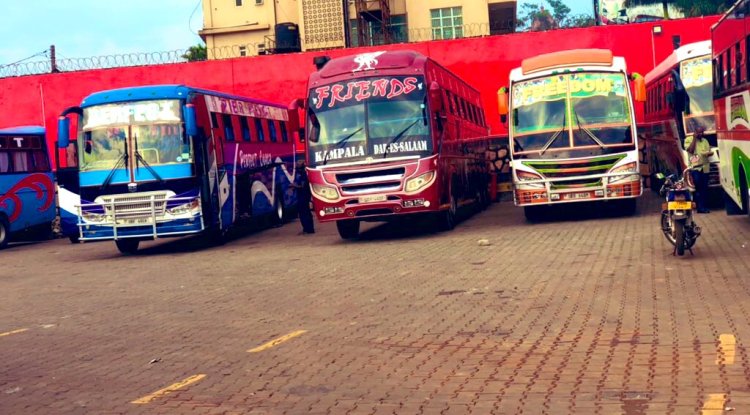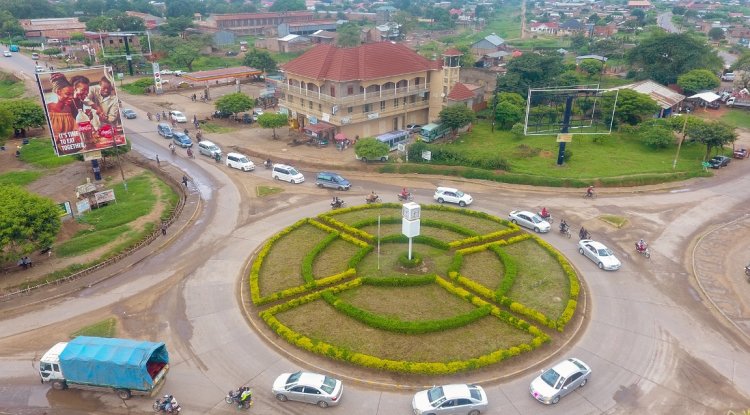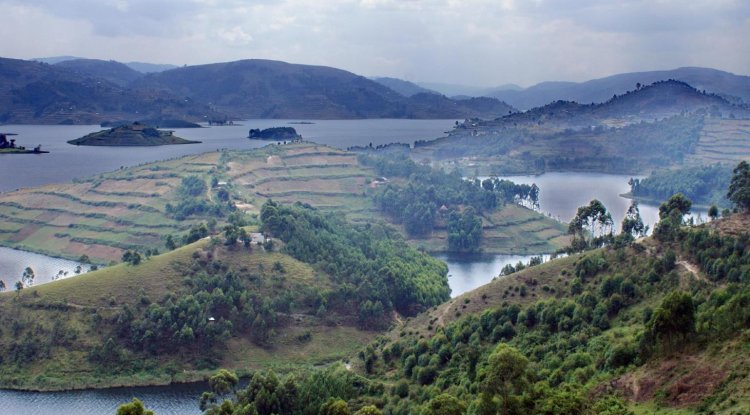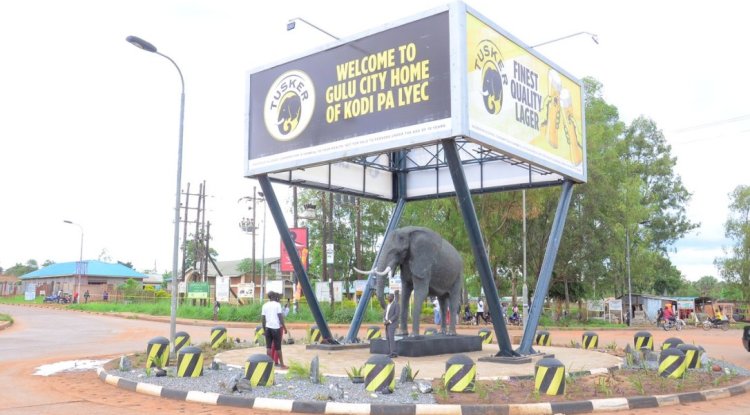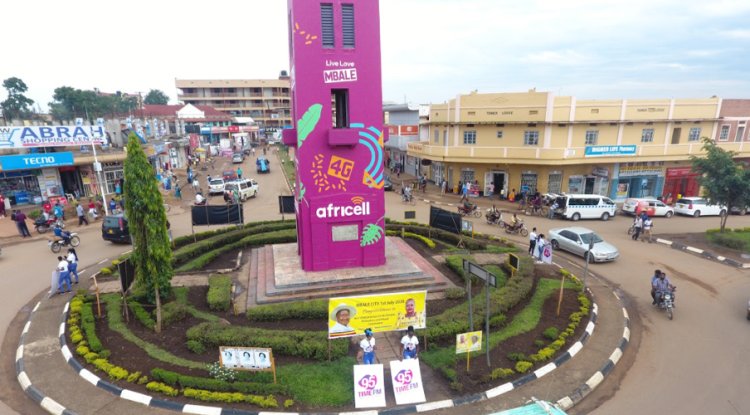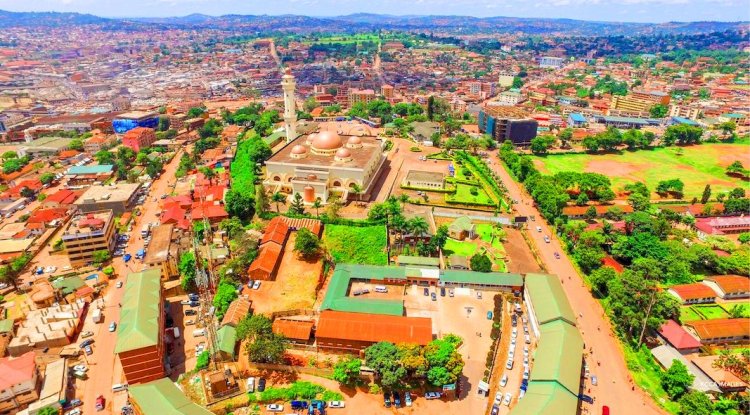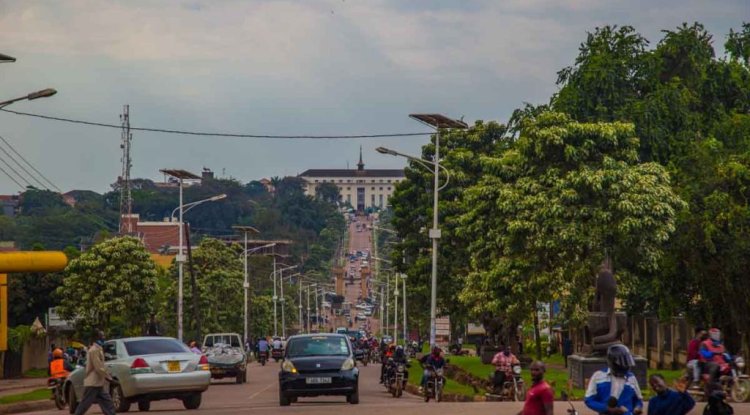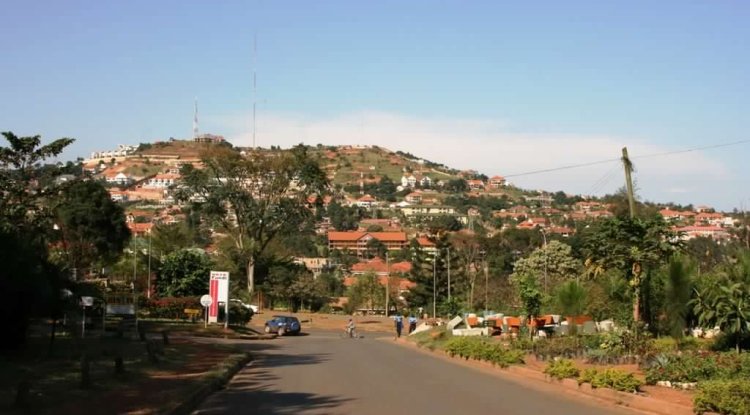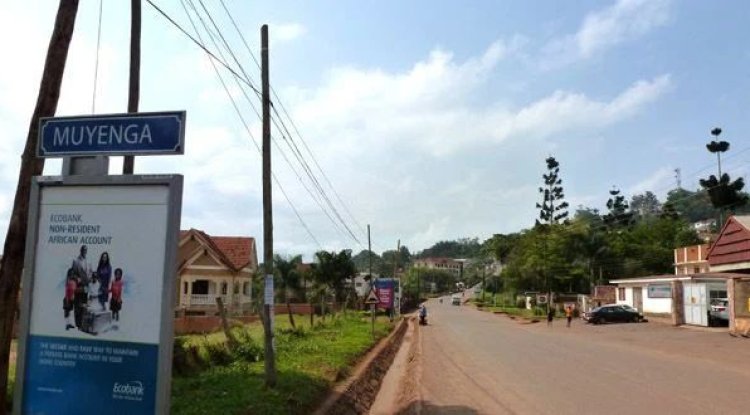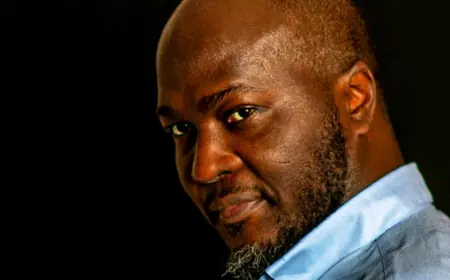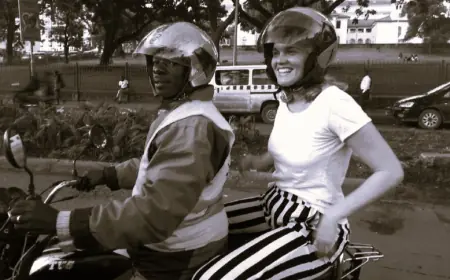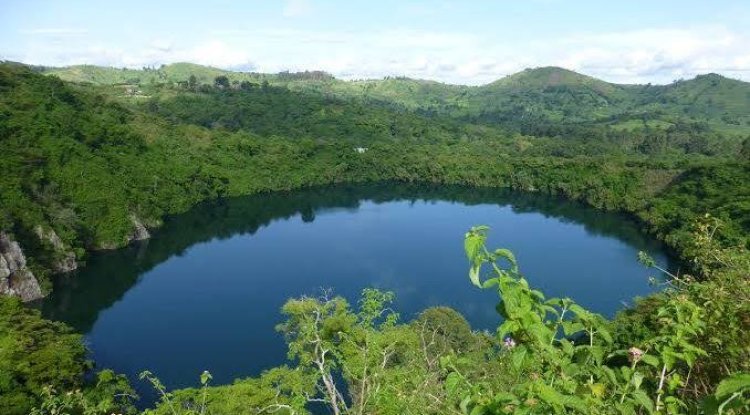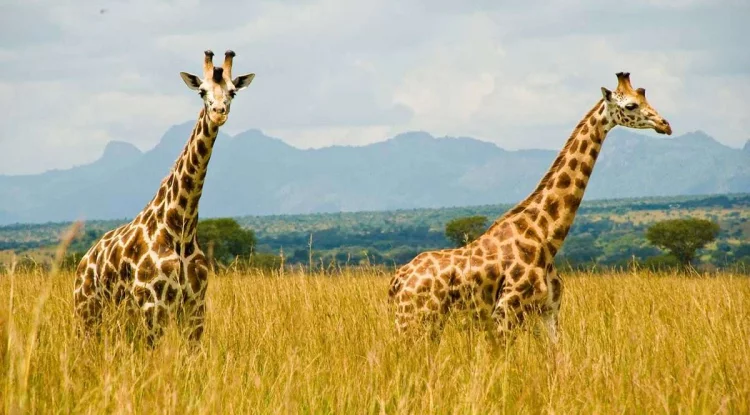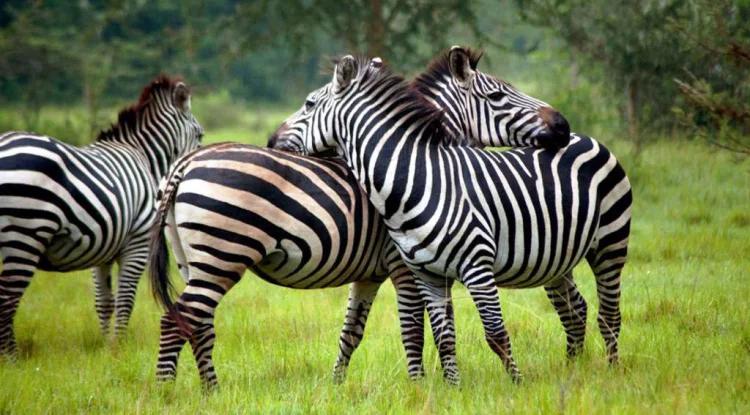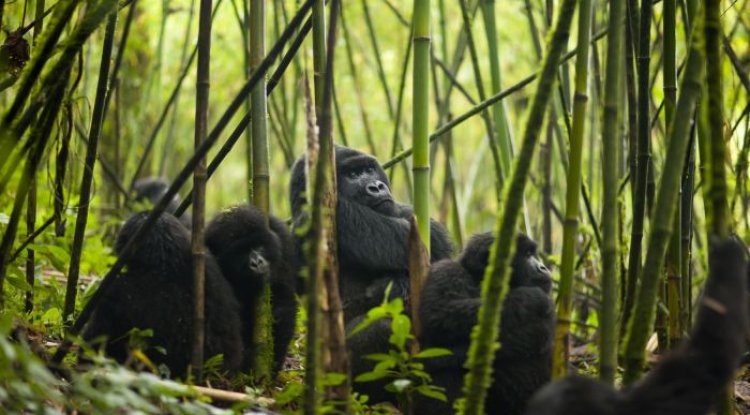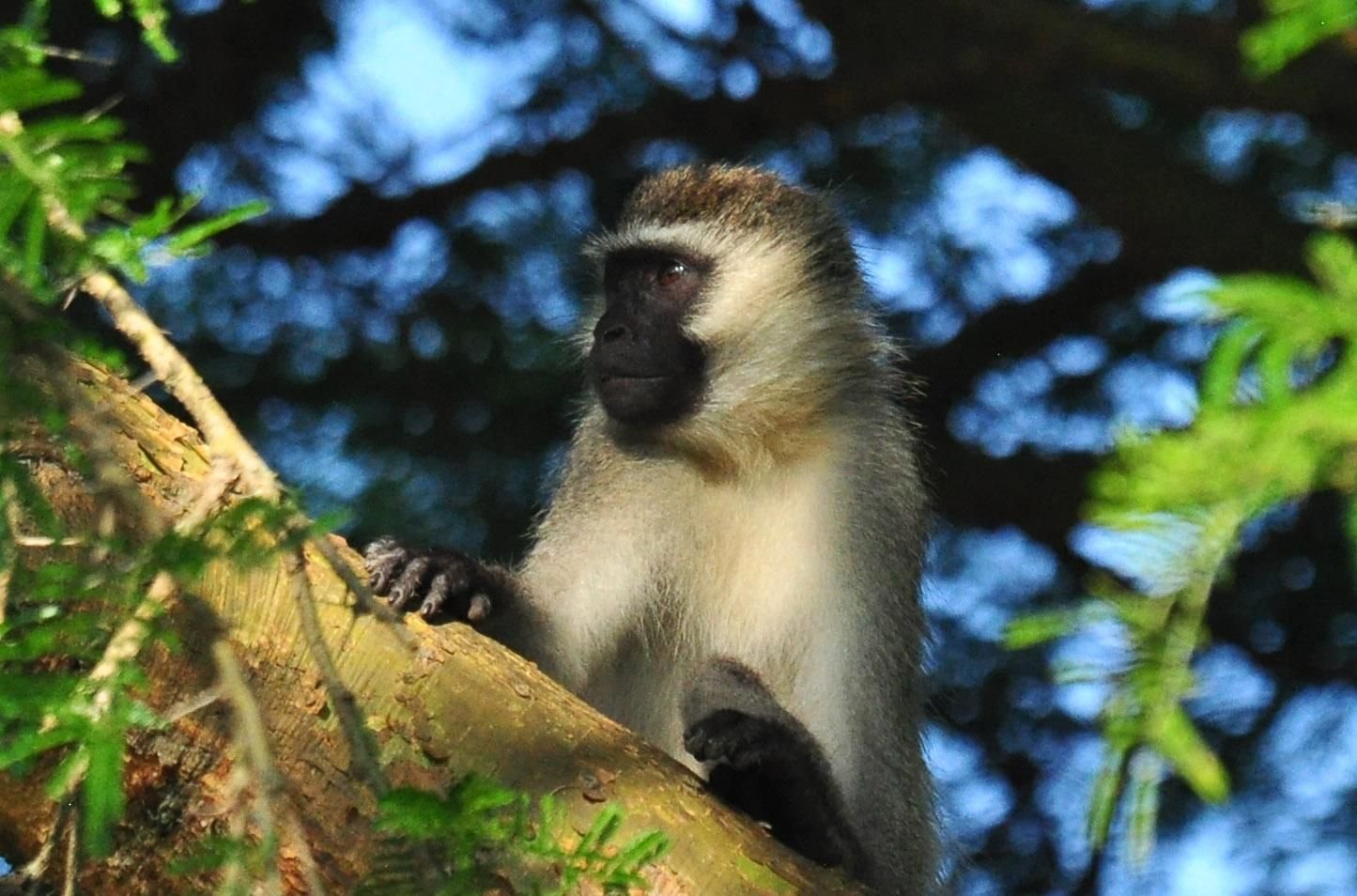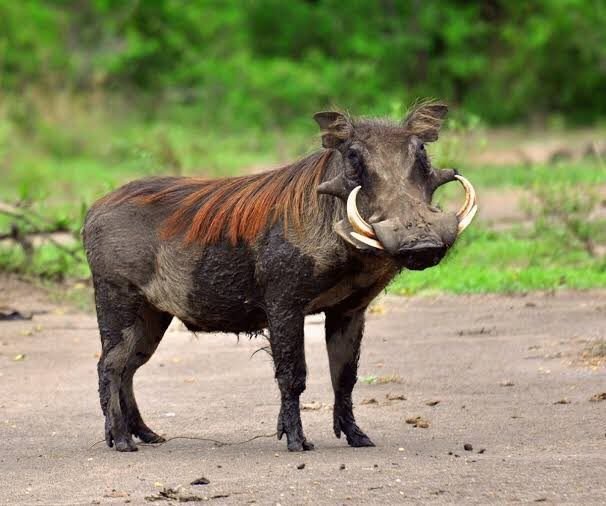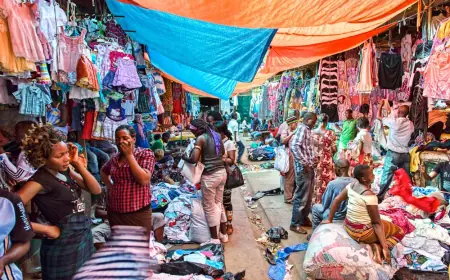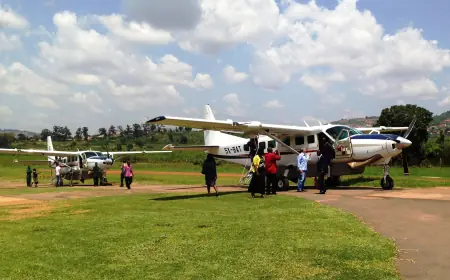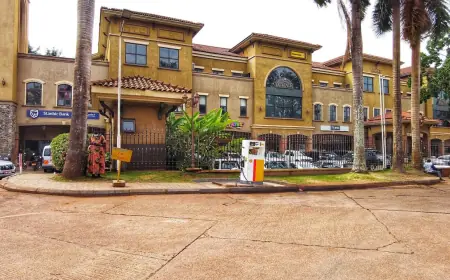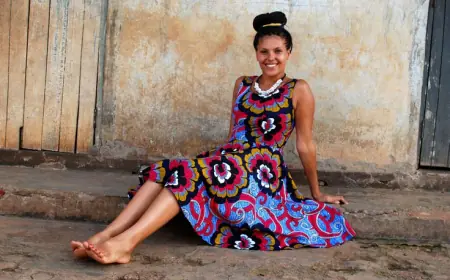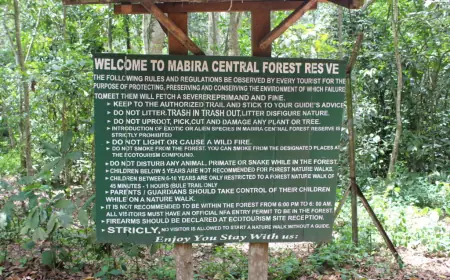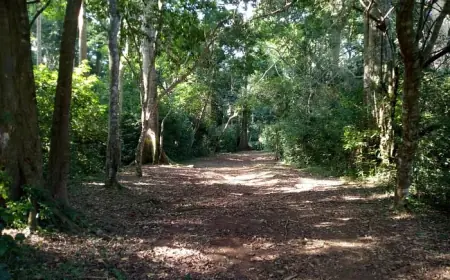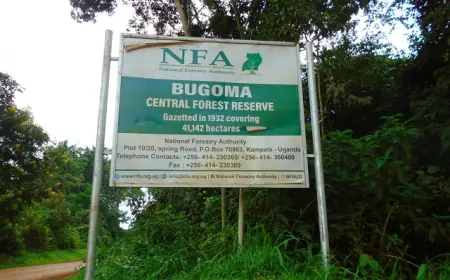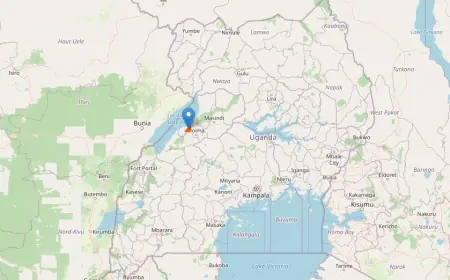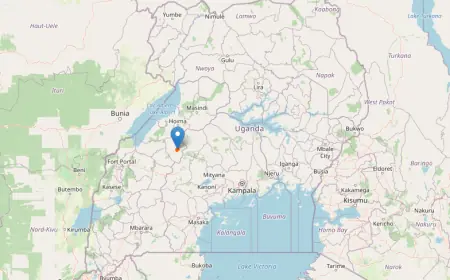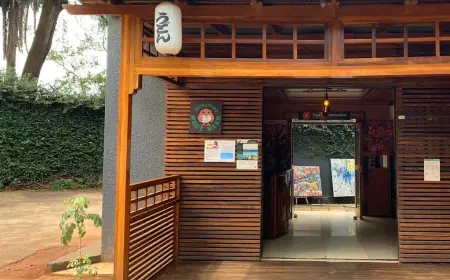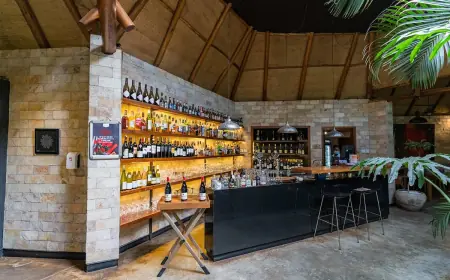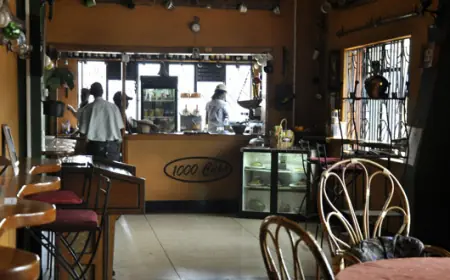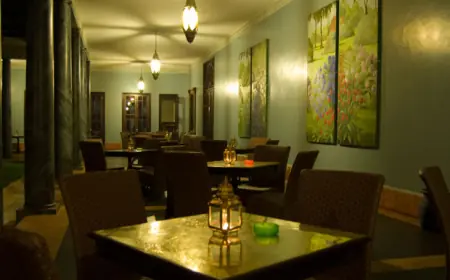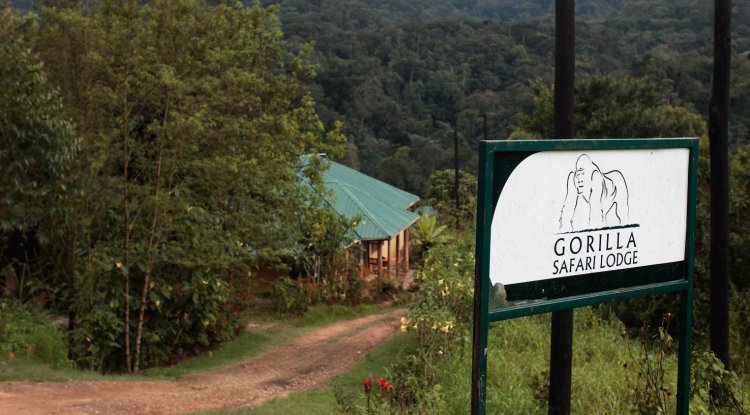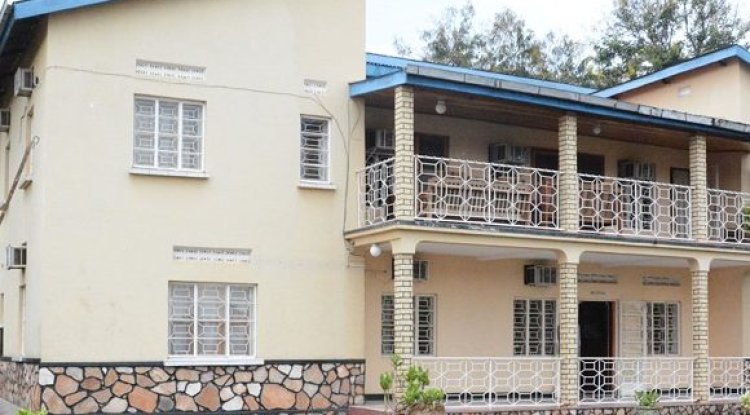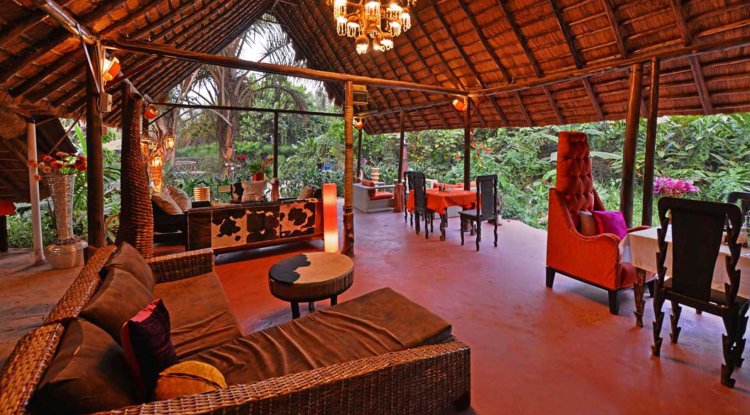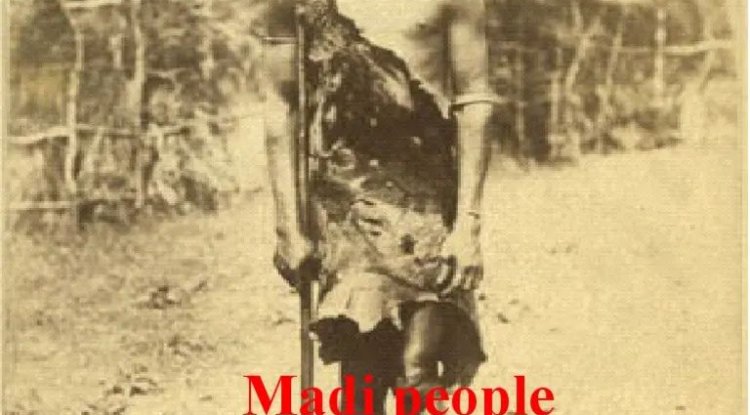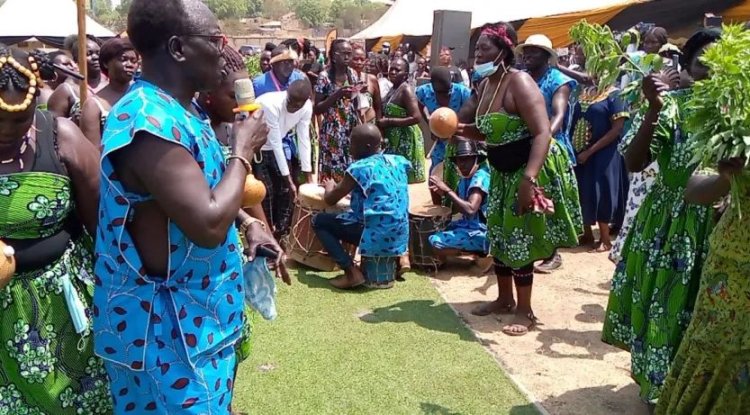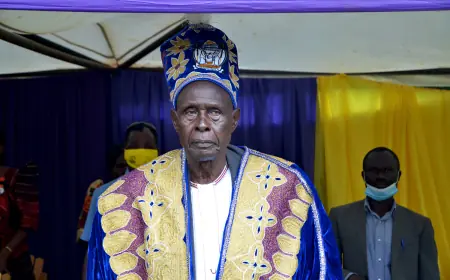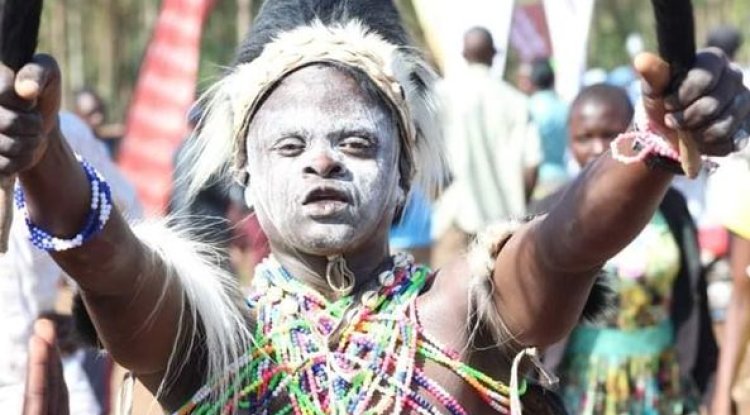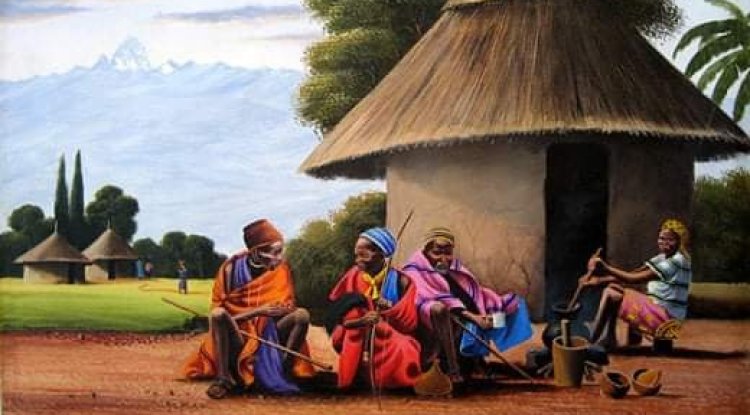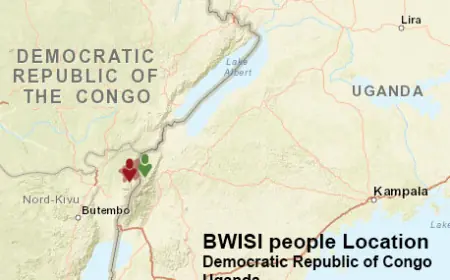The Baruuli: A Forgotten Tribe
The Baruuli, also known as the Baluuli (ethnonym: Baluuli; singular Muruuli), are a Bantu ethnic group who live in Bunyoro-Kitara, a Ugandan subnational kingdom. They live in an area known as Buruuli. They have common ancestry with the Banyala.
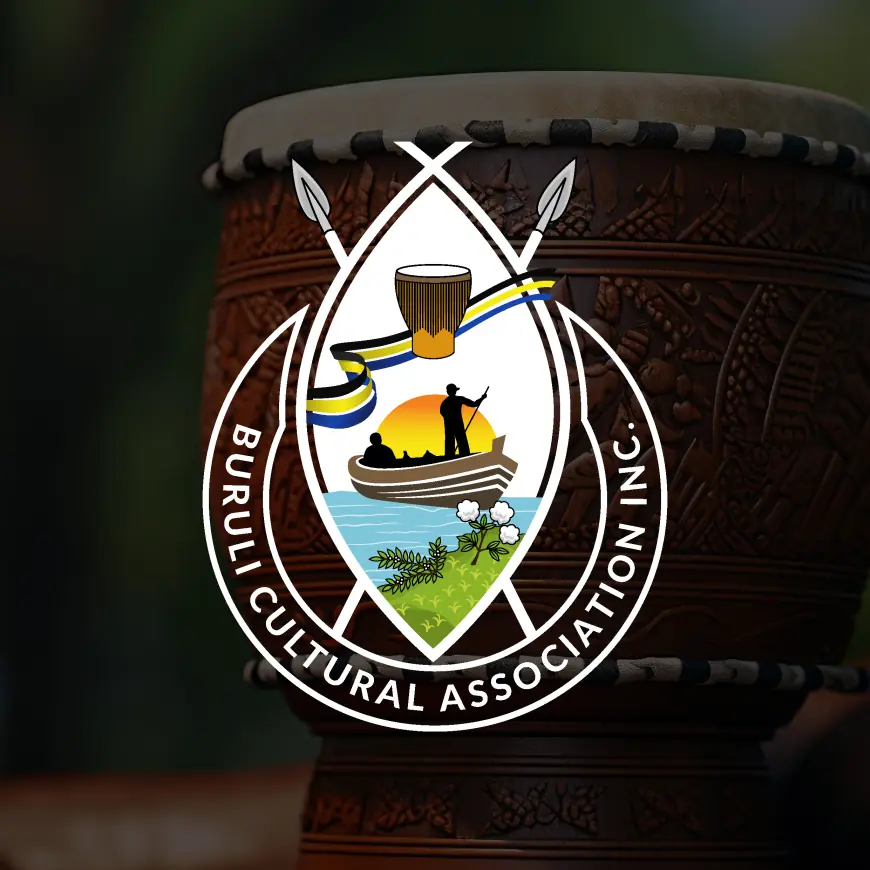
The Baruuli are a Bantu ethnic group from Bunyoro-Kitara, Uganda's subnational kingdom. They live in Buruuli, near the Nile-Lake Kyoga basin. They share ancestry with the Banyala, Bagungu, Balamogi, and Basiki. They speak Ruruuli, a Rutara Bantu language.
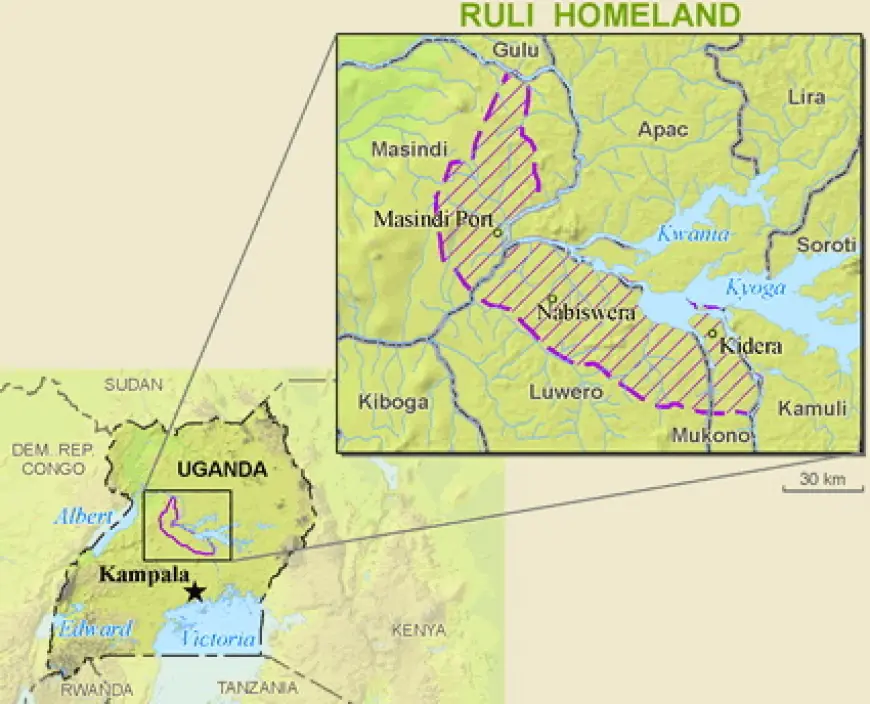
Origin and Migration of the Baruuli.
The Baruuli migrated from present-day Cameroon to Kyope, which is now part of Kibanda, Maruzi, and Oyam counties in Masindi and Apac. The Baruuli were once referred to as Baduuli (or boasters). They used to boast about their wealth, which comprised herds of cattle, sheep, and goats. They boasted of having a plentiful supply of millet granaries and being a more hardworking community than the surrounding tribes. They boasted that their region would never face famine or be unable to pay the dowry due to their affluence.
They lived in communities, with clans serving as the primary organizing units. Each town was occupied by a different clan. For example, the Bagonya clan lived in Nakitoma village, the Baboopi clan in Kamunina village, the Baigembe clan in Busone, the Bakurubyo clan in Kikurubyo village, and the Ababwijwa tribe in Waiyala. Buluuli's original clans included Baranzi, Bagabu, Bainda, Basiita, and Abacwezi. Following that, other clans arose. Currently, there are approximately 130 Baruuli clans. Each clan had a respected leader, who was usually an elderly man of wisdom. Clan leaders were supposed to possess supernatural talents, as was customary throughout Bunyoro-Kitara. Adult males were ranked below the clan leader, followed by women and children.
A clan was distinguished by a common ancestor, a clan god, a clan spirit, or omusambwa, a shared totem (which could be an animal, bird, or plant), and unique rituals and traditions. The Baruuli worshipped Kankya, Katonda, and Ruanga (God) through many deities such as Rubanga, Kyomya, and Nyabuzana.
They were forced to leave Kyope because of the slave trade. Some settled at Nakasongola, while others relocated to Bugerere. The people who lived in Bugerere were known as the Banyala. Some Baruuli relocated to Lake Albert's beaches and became known as Bagungu. The Balamogi and Basiki people went to Busoga. Another group went as far as Tanzania.
History and Politics of Baruuli.
The Baruuli joined Buganda after their county was incorporated following Buganda's victory over Bunyoro in 1896, which facilitated British colonial expansion. Their territories were allocated between Baganda households. They relocated north of Lake Kyoga to Langi County. However, many were forced to return to their native countries in the 1980s. They lived in Luwero District, but a separate Nakasongola District was established in 1997 following the creation of the Old Buluuli County, which existed prior to 1990.
Culture and Society in the Baruuli
The Baruuli people are herders, farmers, fishermen, and charcoal burners. They also trade fish, charcoal, and food with their neighbors. Sweet potatoes and matooke are staples in their diet. They also raise millet, groundnuts, yams, cassava, and other vegetables. Their land is virtually always dry, although they farm around the banks of Lake Kyoga.
The Baruuli culture has absorbed cultural elements from the surrounding Baganda and Banyoro. However, they keep their language and cultural identity. Some defining features of the Baruuli are their cultural leader, the Isaabaruuli, and their techniques of naming based on totems and situations. Despite having 120 clans, unlike many other societies, power is not hereditary.
Naming
The Baruuli gave their children names based on household events, weather conditions, and situations. If a household had a Muganda visitor and a child was born during the stay, the child was named Muganda. If a family was once rich and is now enduring difficulties, a child born today would be named Gawera to symbolize the situation.
Marriage
The Baruuli had two forms of marriage. The major marriage was known as "Kuswera." The parents were looking for a bride for their son. When a son reached marriage age, his parents went around asking whether there were any girls of that age. Once they checked that the girls were there, they notified their parents about their intentions. The parents would then come to an arrangement. If they decided to marry, the girl's father would set the wedding price. The boy's father would bring the items, and a date would be scheduled for him to take the girl.
In the second type of marriage, which was primarily chosen by those who couldn't afford the bride price, the guys seduced the girls from their grandmother's home, where the girls were groomed. Once a female fell in love with the boy's overtures and was allowed to marry him, he would leave four shillings in her bed before taking her. If the grandmother was unable to locate the daughter and discovered the money, she would contact the girl's parents and inform them that she had been taken. The boy's father would then visit the girl's family and inform them that she was a member of his family. The bride's price would be determined and paid. Failure to pay the bride's price would bring dishonor to the boy's family. The bride's price comprised malwa (beer), goats, and money.
Burial
To show allegiance, the body was buried in a deep pit, lying on its side and facing Bunyoro's power seat. Nobody was authorized to pour soil over a deceased person's heart or forehead. If the head of a household died, a bull and a cock were slaughtered the next day to feed the mourners. The widow did not bathe or shave their heads until an heir was appointed. This period was lengthy since people had to travel to attend the ceremony. The widow spent the entire time without bathing. Orphans, particularly girls, would walk around naked from the waist up.
Religion
The Baruuli worshiped ghosts and gods. They revered Nabuzana, Katigo, Irungu, and Kibubu, among others. They worshipped atop hills and in shrines known as Birooro.
Today, Christianity has spread. The major faiths among the Baruuli are the Roman Catholic Church and the Church of Uganda, sometimes known as the Anglican Church. According to Uganda's 2002 Census, 14.8% of Baruuli are Roman Catholics, while 69.2% are Anglicans. In addition, 4.5% of Baruuli are Pentecostals, and 3.5% are members of the Seventh-day Adventist Church. 6.5% of the population is Muslim. Many people continue to practice traditional religions, and those who attend church exhibit a high level of syncretism.
What's Your Reaction?
 Like
0
Like
0
 Dislike
0
Dislike
0
 Love
0
Love
0
 Funny
0
Funny
0
 Angry
0
Angry
0
 Sad
0
Sad
0
 Wow
0
Wow
0
